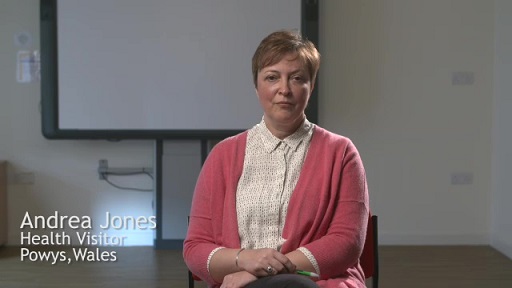5 Life-course effects
The influences on health operate throughout the life-course. In the next activity, you’ll consider the importance of taking a life-course perspective in public health.
Activity 5: Public health practitioners discussing the importance of life-course perspective
Watch Film 2, in which a number of public health workers in Powys, Wales discuss the importance of life-course interventions, and answer the questions below in the word document provided.

Transcript: Film 2 Life-course interventions – health practitioners from Powys, Wales (© The Open University)
- What period of the life-course do the public health practitioners in Film 2 see as important to have interventions in, and why?
- Who do the practitioners see as important to include in these interventions?
Discussion
All the public health practitioners in Film 2 consider interventions early in life to be important. Andrea says this is because at this stage the individual is developing rapidly. Shelly considers childhood to be a critical period within which to intervene, since initial health inequality (unfair and adjustable differences in health between groups of people) has the potential to increase as people get older. Earlier life-experiences and life choices can determine individuals’ future pathways, and advantages and disadvantages can accumulate over the life-course. Wendy points out that individuals are exposed to social influences on health even before birth, due to the influence on fetal development from maternal factors such as nutrition during pregnancy.
Film 2 makes it clear that early-life interventions cannot focus on children alone, but need to involve parents as well as the wider community within which children live. Interventions need to tackle the environment and make sure that opportunities and choices exist.
